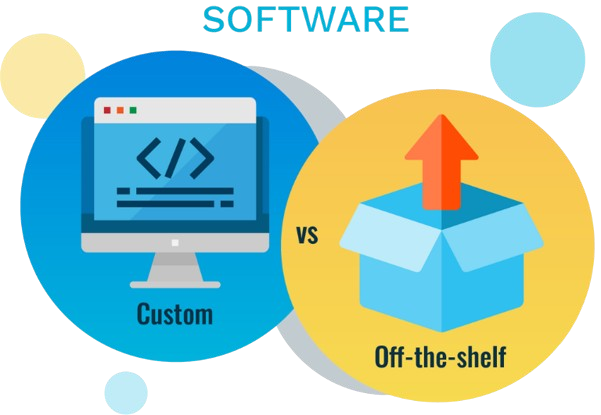Artificial intelligence is always growing, and its potential uses in digital marketing are expanding. This generation may use artificial intelligence to gain a competitive advantage, maximize productivity, and deliver more relevant and targeted marketing efforts to their target customers.
-
- AI technology has the potential to enhance marketing strategies, improve customer experiences, and streamline processes.
- AI helps marketers create personalized content, product recommendations, and targeted advertisements, which can improve customer engagement and conversion rates.
- AI-driven predictive analytics can help marketers forecast trends, identify opportunities, and make data-driven decisions. It can provide insights into which marketing campaigns are likely to be successful and when to launch them.
However, AI can also pose a number of problems and dangers to digital marketers, as it has the ability to disrupt the traditional marketing landscape. They must be aware of potential risks and devise mitigation techniques.
-
- This involves using artificial intelligence (AI) in a manner that considers ethical and societal implications, minimizing harm, bias, and negative consequences while maximizing benefits.
- Ethical data procedures to prevent data misuse and protect the rights of individuals.
- Ensuring that AI supplements rather than replaces human creativity and judgment. It highlights the importance of maintaining a balance between automation and human expertise.
To summarize, AI is a tool that, when used responsibly and effectively, can tremendously aid digital marketers. While there are risks and obstacles involved with its use, these may be mitigated by ethical protocols and a thoughtful strategy to incorporate AI into marketing operations. Marketers that see AI as a tool rather than a threat will gain more from it.




